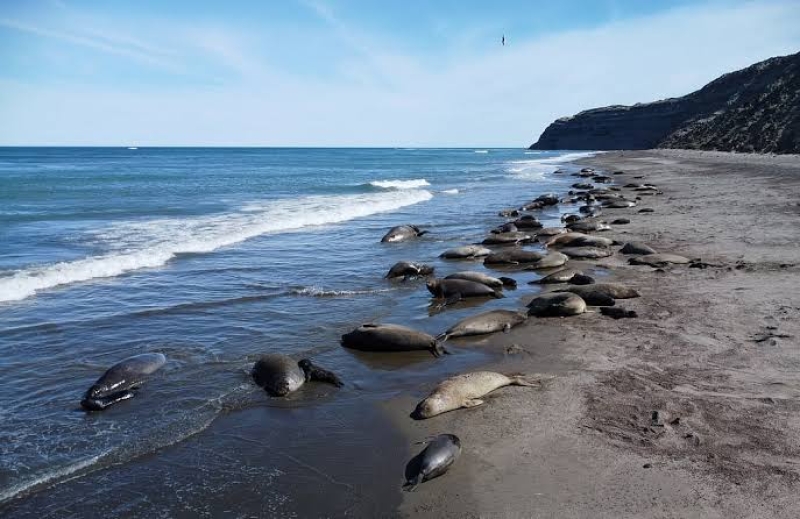- India Sees 9% Drop in Foreign Tourists as Bangladesh Visits Plunge |
- Dhaka Urges Restraint in Pakistan-Afghan War |
- Guterres Urges Action on Safe Migration Pact |
- OpenAI Raises $110B in Amazon-Led Funding |
- Puppet show enchants Children as Boi Mela comes alive on day 2 |
Kazakhstan blames seal deaths on climate, human impact

Climate change, human activity behind mass deaths of rare seals: Kazakhstan
Kazakhstan has attributed the mass deaths of Caspian seals—an endangered species native to the Caspian Sea—to climate change and human activity.
Since November 2024, around 2,200 seals have been found dead along Kazakhstan’s Caspian coastline. Following investigations, the agriculture ministry cited chronic toxicosis, carnivore plague, acute pneumonia, and asphyxiation from natural gas released from the seabed as causes.
Chronic toxicosis, caused by accumulated pollutants, weakens the seals' immune systems, making them more vulnerable to disease. The ministry noted that shorter winters, global warming, and declining sea levels have worsened the seals' condition.
Human activities such as winter shipping and entanglement in fishing nets were also highlighted as major threats to the species.
Caspian seals are the only mammals living in the Caspian Sea. Their population has declined by over 70% in the past century. Kazakhstan now estimates about 270,000 remain.
Other Caspian nations—Azerbaijan, Iran, Russia, and Turkmenistan—have also reported similar incidents of seal deaths in recent years.

